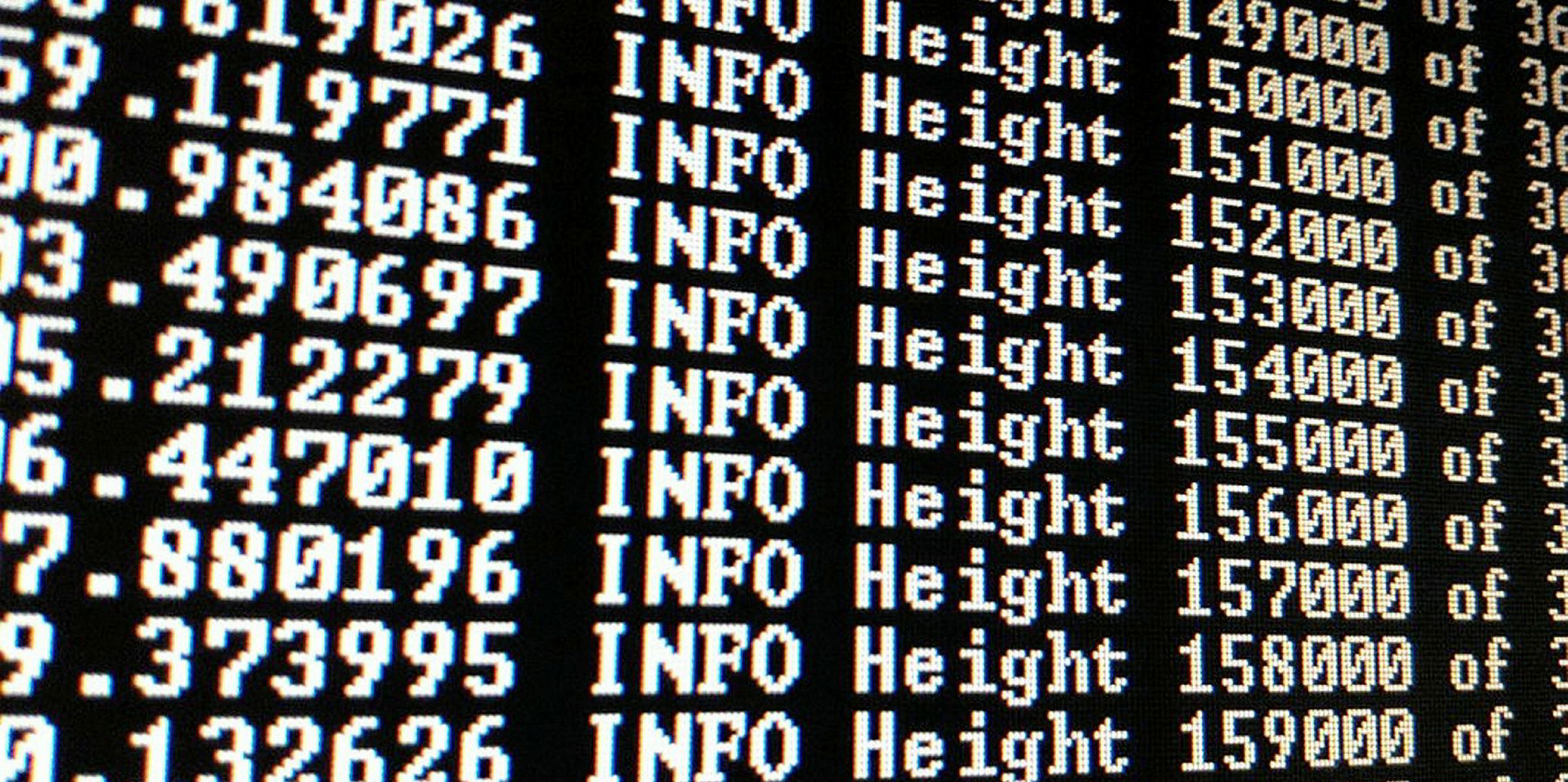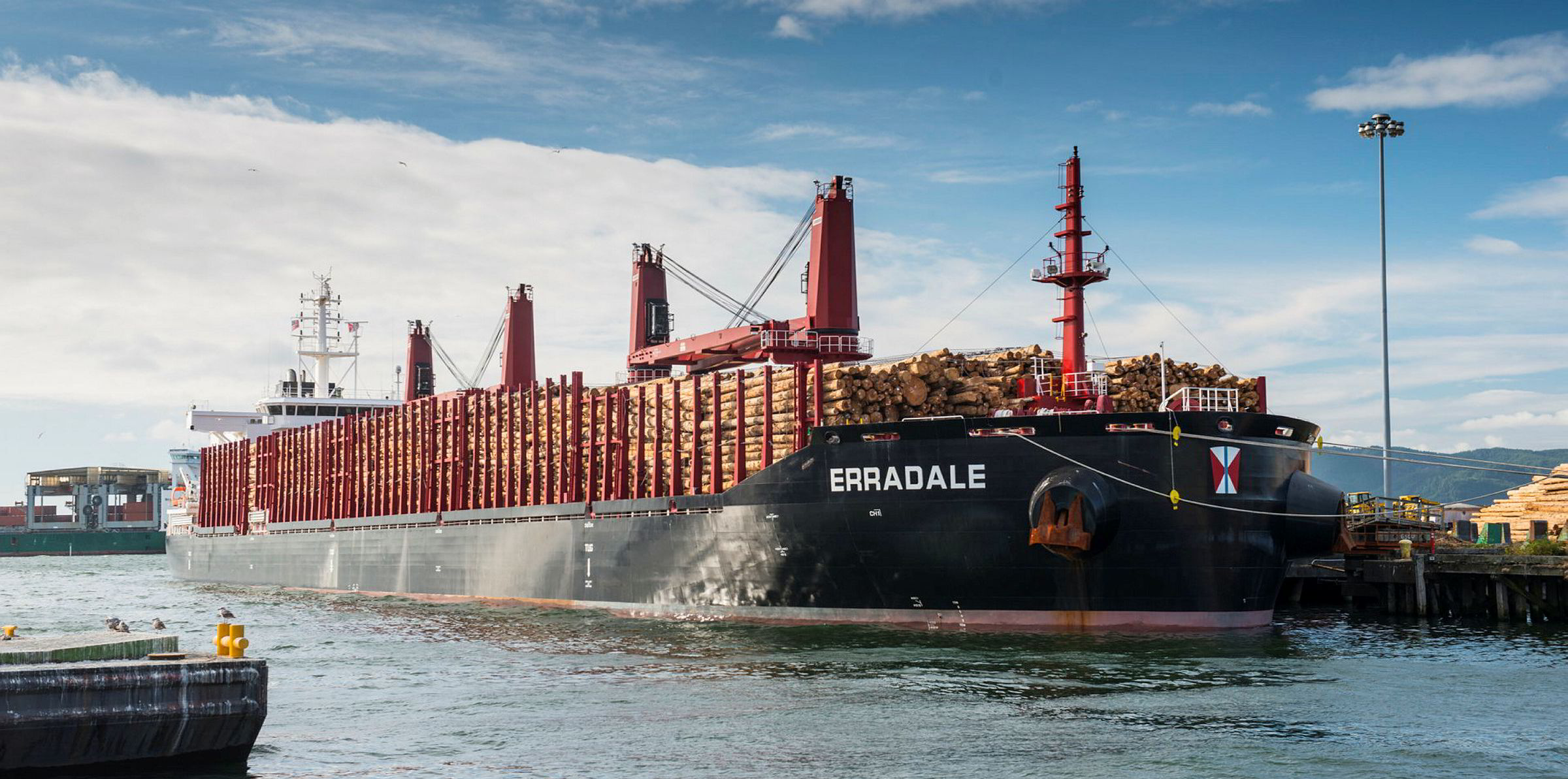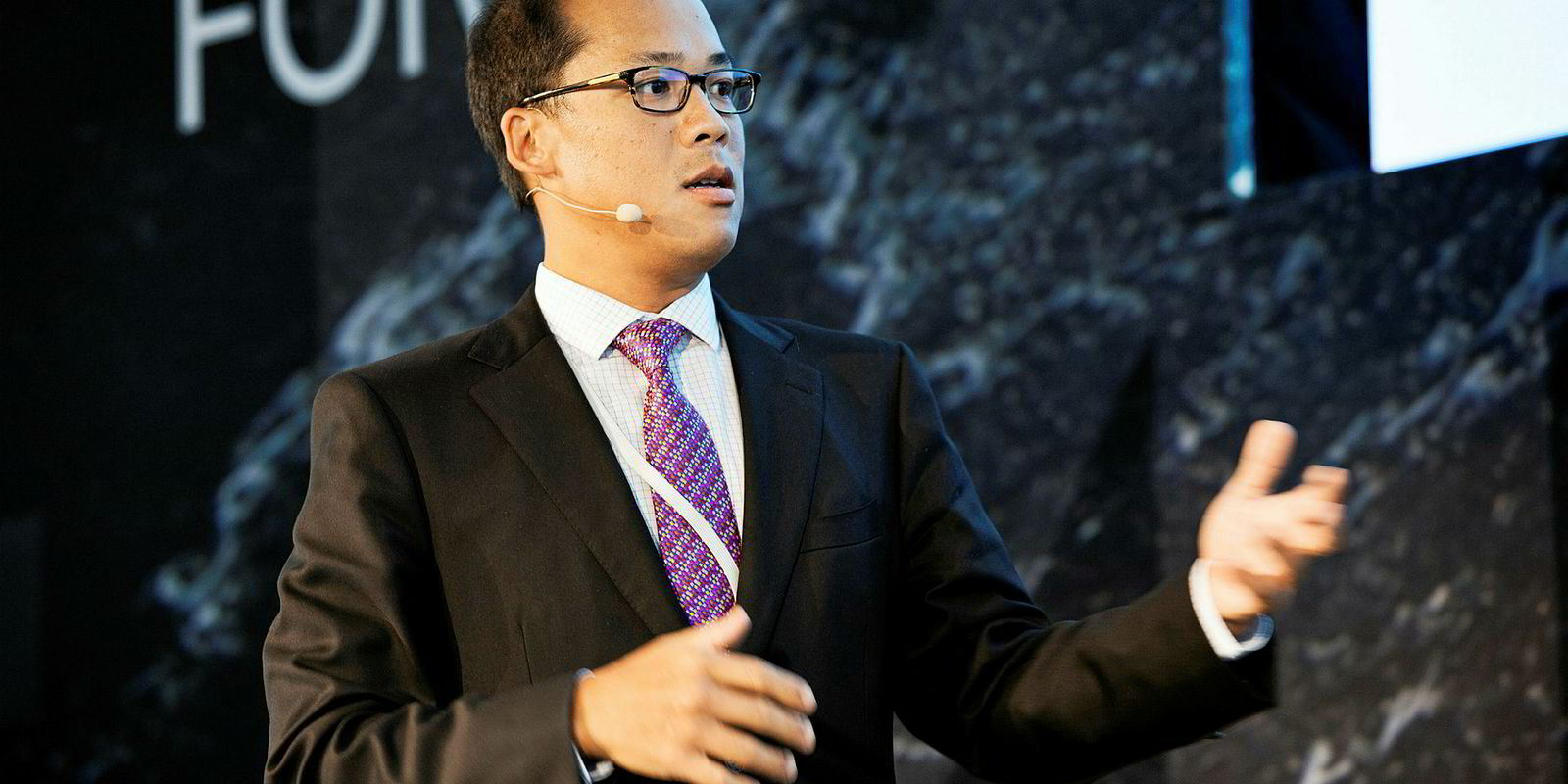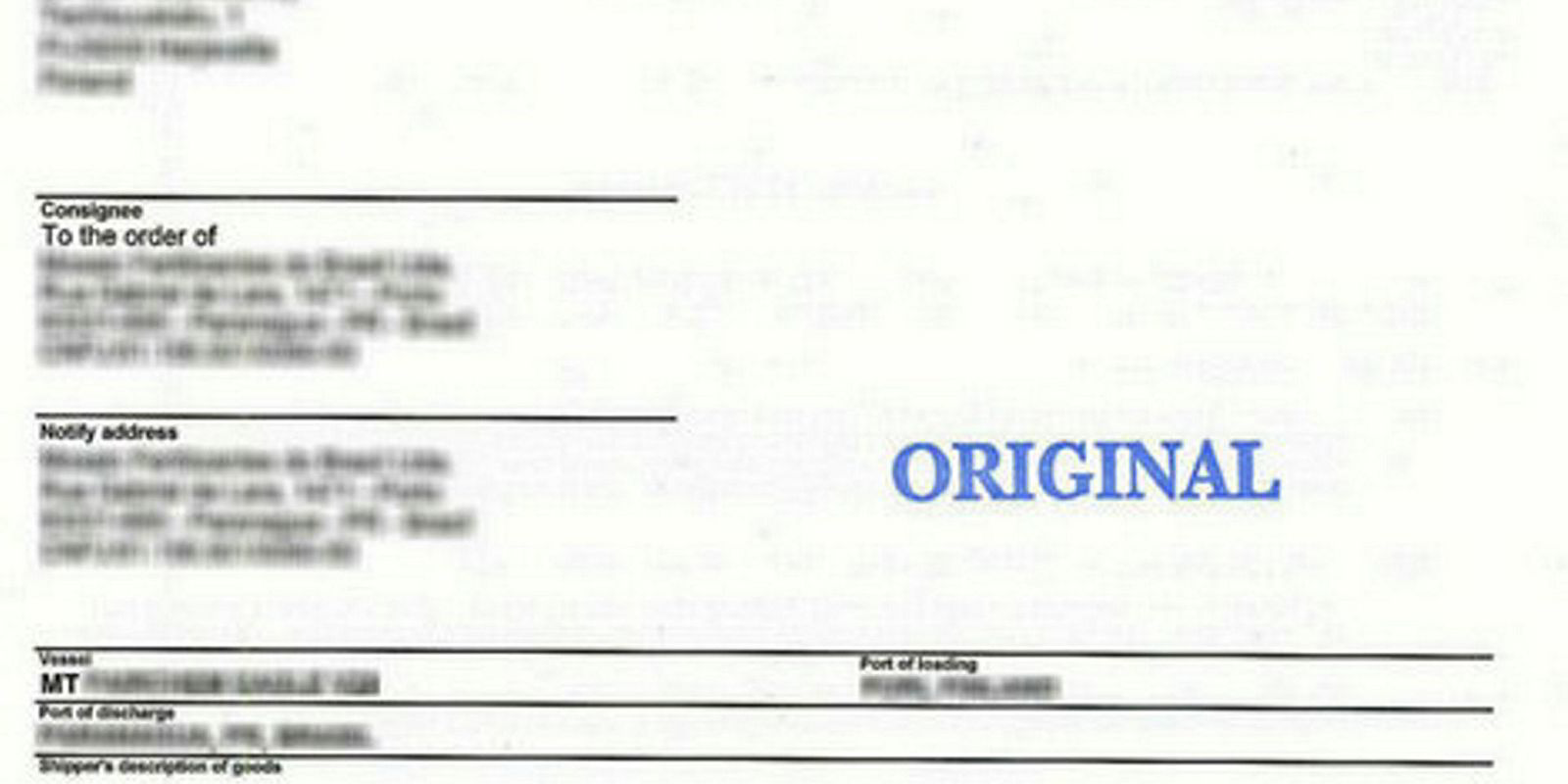The holy grail of common digital standards may not be possible in shipping — but that should not mean extra costs.
That is the view of Jacco de Jong, global head of sales at trade finance digitisation company Bolero International.
He said digitisation is transforming world trade, replacing key paper documents such as bills of lading.
"Key to this transformation is ensuring that we have common standards in electronic documentation and effective interoperability between IT systems," De Jong said.
Numerous supranational bodies are working hard towards this, as are some of the world’s biggest carriers, he added.
The United Nations Centre for Trade Facilitation and Electronic Business (UN/CEFACT), the World Trade Organization (WTO), the World Customs Organization (WCO), the United Nations Conference on Trade and Development (UNCTAD) and the International Trade Centre (ITC) are working on the problem.
Lines piles in
Five of the biggest container lines in the world — Maersk Line, CMA CGM, Hapag-Lloyd, Mediterranean Shipping Co and Ocean Network Express (ONE) — have also launched the Digital Container Shipping Association (DCSA).
Yet there are many types of blockchain applications and all need common standards to be effective and accepted, De Jong said.
"This is why Maersk and IBM decided to strike out and create their own blockchain platform [TradeLens]," he added.
There is also a nine-party consortium based in Shanghai, seeking their own blockchain solution, including Cosco, Yang Ming Marine Transport Corp and CMA CGM along with port operators DP World and PSA International.
"Despite all these initiatives, however, we may find that in international trade, no single set of standards emerges," De Jong said.
"The IT geography in world trade is so diverse that as the future unfolds, most likely, no single set of standards gains universal acceptance."
He said carriers, shippers and importers may have to move between different standards regimes, as appropriate.
"Just as there are multiple standards in electricity networks, the same may be in trade digitisation," he said. "After all, despite the operation of multiple banking systems, the world’s financial networks operate without a problem."
No additional costs
Bolero wants to see a drive towards standardisation without additional costs or extra constraints.
"Whatever we end up with, standardisation must be built on a proven platform that is the hub of an established network of global users," De Jong said.
"Standards are not only about technology but also about legal compliance and most importantly adoption.
"The world’s trading networks stand on the brink of some of the biggest changes since the invention of paper, which could increase efficiency by multiple factors.
"While the arguments about standardisation continue, however, it is vital to remember that innovation needs to be conducted across a platform that already has its own network of significant banks, carriers, forwarders and corporates."







